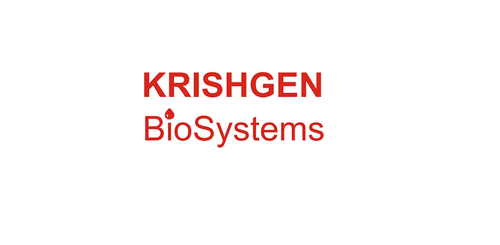Product Description
Human Receptor-type tyrosine-protein phosphatase N2 (PTPRN2) ELISA Kit | AE25051HU | Abebio
Species Reactivity: Human (Homo sapiens)
Abbreviation: PTPRN2
Alternative Name: IA-2beta; IAR; ICAAR; PTPRP; IAR/receptor-like protein-tyrosine phosphatase|phogrin|protein tyrosine phosphatase receptor pi|tyrosine phosphatase IA-2 beta
Application: ELISA
Range: 0.312-20 ng/mL
Sensitivity: 0.156 pg/mL
Intra-Assay: ≤4.8%
Inter-Assay: ≤8.4%
Recovery: 0, 95
Sample Type: Serum, Plasma, Other biological fluids
Detection Method: Sandwich
Analysis Method : Quantitive
Test Principale: This assay employs a two-site sandwich ELISA to quantitate PTPRN2 in samples. An antibody specific for PTPRN2 has been pre-coated onto a microplate. Standards and samples are pipetted into the wells and anyPTPRN2 present is bound by the immobilized antibody. After removing any unbound substances, a biotin-conjugated antibody specific for PTPRN2 is added to the wells. After washing, Streptavidin conjugated Horseradish Peroxidase (HRP) is added to the wells. Following a wash to remove any unbound avidin-enzyme reagent, a substrate solution is added to the wells and color develops in proportion to the amount of PTPRN2 bound in the initial step. The color development is stopped and the intensity of the color is measured.
Product Overview: Receptor-type tyrosine-protein phosphatase N2 is a member of the protein tyrosine phosphatase (PTP) family. PTPs are known to be signaling molecules that regulate a variety of cellular processes including cell growth, differentiation, mitotic cycle, and oncogenic transformation. This PTP possesses an extracellular region, a single transmembrane region, and a single intracellular catalytic domain, and thus represents a receptor-type PTP. The catalytic domain of this PTP is most closely related to PTPRN/IA-2beta. This PTP and PTPRN are both found to be major autoantigens associated with insulin-dependent diabetes mellitus. Three alternatively spliced transcript variants of this gene, which encode distinct proteins, have been reported.
Stability: The stability of ELISA kit is determined by the loss rate of activity. The loss rate of this kit is less than 5% within the expiration date under appropriate storage condition. The loss rate was determined by accelerated thermal degradation test. Keep the kit at 37°C for 4 and 7 days, and compare O.D.values of the kit kept at 37°C with that of at recommended temperature. (referring from China Biological Products Standard, which was calculated by the Arrhenius equation. For ELISA kit, 4 days storage at 37°C can be considered as 6 months at 2 - 8°C, which means 7 days at 37°C equaling 12 months at 2 - 8°C) .
 Euro
Euro
 USD
USD
 British Pound
British Pound
 NULL
NULL








